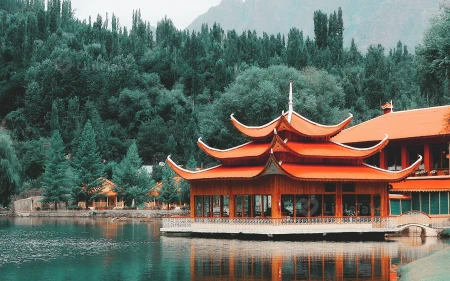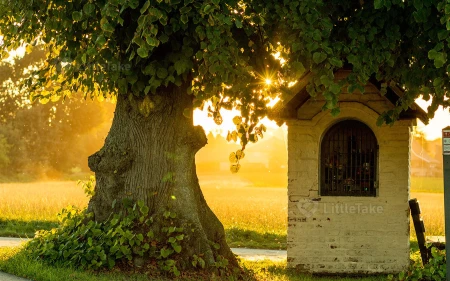
Urban vs. Rural Culture: A Diverse Spectrum
Urban and rural cultures represent two distinct facets of human society, each with its unique characteristics, values, and lifestyles. While urban areas are characterized by bustling city life and modern amenities, rural areas embody a simpler, more traditional way of living. In this article, we'll delve into the differences between urban and rural cultures and explore the diverse spectrum of human experiences they offer.
Key Differences between Urban and Rural Cultures
Urban and rural cultures can differ significantly in various aspects, from the pace of life to the types of activities and opportunities available. Here are some key contrasts between the two:
- Pace of life: Urban areas tend to be fast-paced and bustling, while rural areas often have a slower, more relaxed atmosphere.
- Population density: Cities have higher population densities, leading to more social interaction and diversity, while rural areas have smaller, more tight-knit communities.
- Economic activities: Urban areas typically offer a wider range of job opportunities and industries, while rural areas are often centered around agriculture or natural resources.
- Infrastructure: Cities have more developed infrastructure, including public transportation, healthcare, and education facilities, while rural areas may have limited access to these amenities.
- Values and traditions: Rural communities often have strong connections to local customs and traditions, while urban areas tend to be more progressive and open to new ideas.
Embracing the Diversity of Urban and Rural Cultures
Recognizing and appreciating the diverse range of experiences that urban and rural cultures offer is crucial for fostering understanding and empathy between people from different backgrounds. Here are some ways to embrace this diversity:
- Travel: Explore both urban and rural destinations to gain a deeper understanding of different lifestyles and cultural experiences.
- Engage with local communities: Participate in community events, visit local markets, and engage in conversations with residents to learn about their values, traditions, and daily lives.
- Support local businesses: By patronizing local businesses in both urban and rural areas, you can contribute to their economic sustainability and help preserve their unique cultural identity.
- Appreciate the arts: Attend exhibitions, performances, and cultural events that showcase the creative talents of urban and rural artists, highlighting the diverse range of cultural expressions.
- Promote cultural exchange: Encourage dialogue and understanding between urban and rural communities through educational programs, cultural exchanges, and collaborative projects.
As we celebrate the diverse spectrum of urban and rural cultures, we open ourselves to a world of rich experiences and unique perspectives that enrich our understanding of human society. Embrace the diversity of urban and rural cultures and embark on a journey of discovery and appreciation.


















